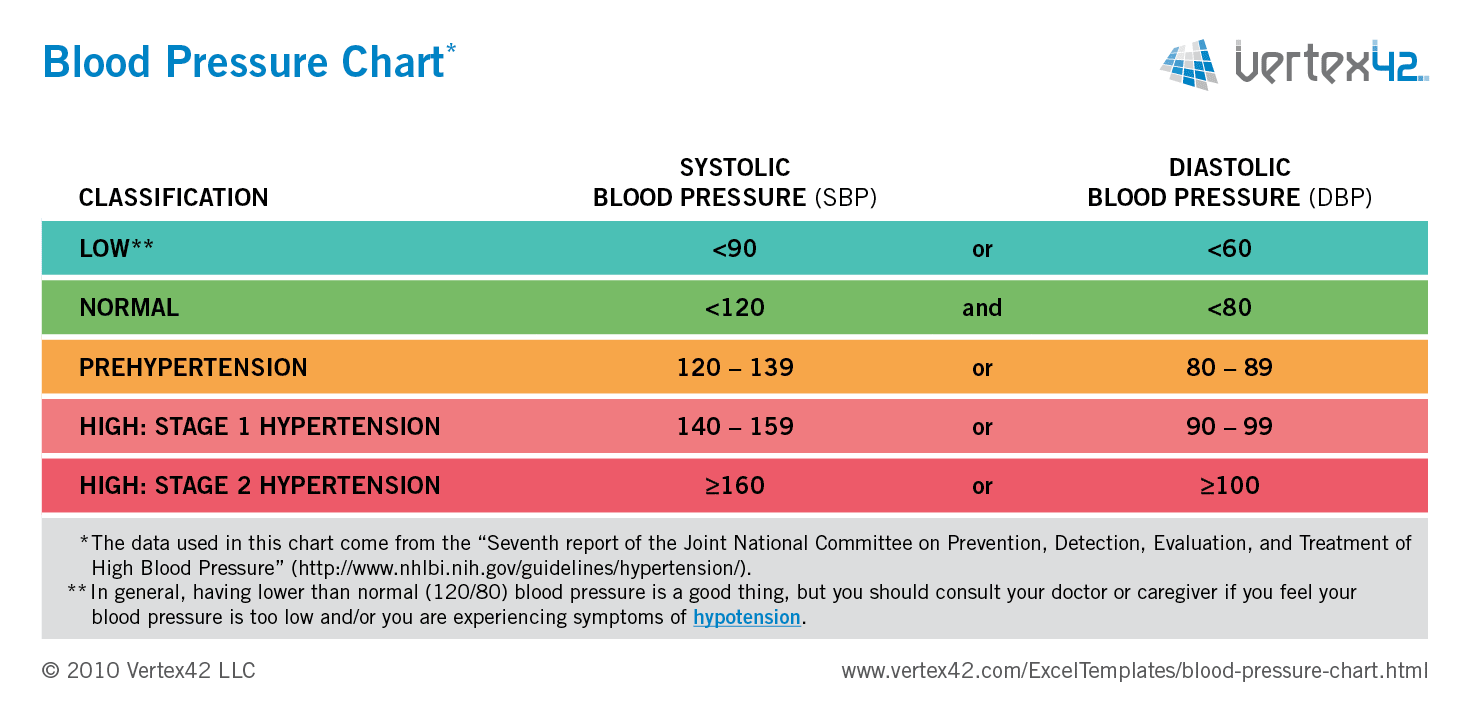Blood pressure is the pressure of the blood against the walls of the arteries. Blood pressure is the product of the heart pumping blood out and the resistance it gets traveling through the peripheral vascular system. From a physiological point of view, age, weight, gender, ethnicity and family history all affect blood pressure. Mechanically, the pumping of the heart creates a force as the blood pushes against the walls of the arteries. This is generally a good thing. When our blood pressure is too low, we often times feel dizzy and faint, because there is not enough pressure to push the blood to the brain. Many times this low blood pressure is due to medication or dehydration. Other times our pressure is too high. This again can be caused by medication, heredity and/ or lifestyle choices (high fat diet, smoking, lack of exercise)
In reading blood pressure the higher (systolic) number represents the pressure while the heart contracts to pump blood to the body. The lower (diastolic) number represents the pressure when the heart relaxes and fills between beats. The systolic pressure is always stated first. Blood pressure of 120/80 mmHg (millimeters of mercury) or below is considered optimal for adults. A systolic pressure of 120 to 139 mmHg or a diastolic pressure of 80 to 89 mmHg is considered "prehypertension" and needs to be discussed with your doctor watched carefully. A blood pressure reading of 140 / 90 or higher is considered elevated (high) and you will need to confer with your doctor about your best course of action.
Regular exercise also helps you maintain a healthy weight, which is an important way to control blood pressure. But to keep your blood pressure low, you need to keep exercising. It takes about one to three months for regular exercise to have an impact on your blood pressure. The benefits last only as long as you continue to exercise. Studies have shown that moderate aerobic exercise (like walking) is effective in lowering resting blood pressure. Regular physical activity makes your heart stronger. A stronger heart can pump more blood with less effort. If your heart can work less to pump, the force on your arteries decreases, lowering your blood pressure.
.


No comments:
Post a Comment